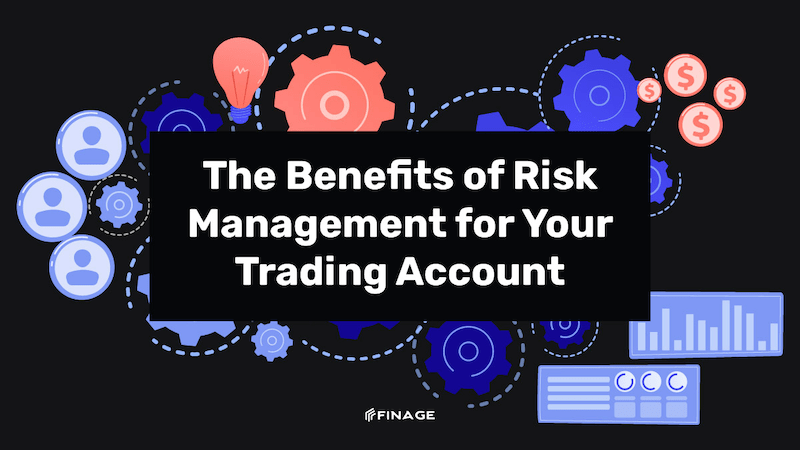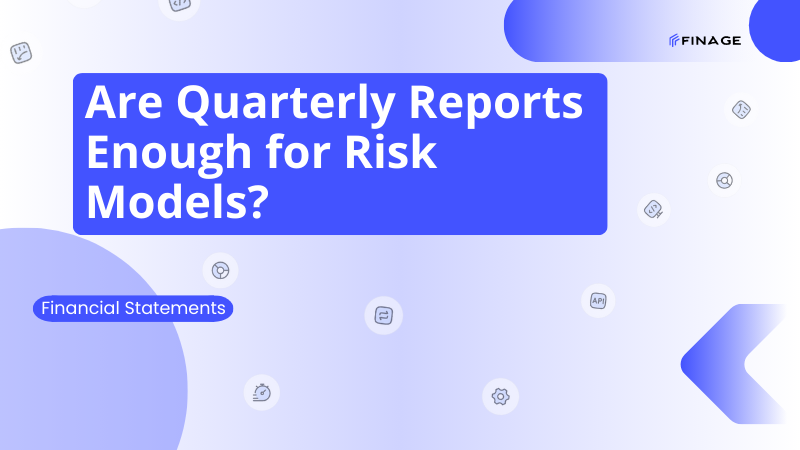The Benefits of Risk Management for Your Trading Account
5 min read • September 4, 2022

Introduction
Your trading account is it suffering? Do you feel overburdened, frustrated, and prepared to give up on the "trading thing" altogether? The information in today's session, if correctly used and comprehended, may very well provide you with the knowledge you need to essentially preserve your trading account and begin rebuilding it.
You've probably heard that between 90 and 95 percent of people who trade money or "speculate" in the markets ultimately lose money. Although there may be many causes for this widespread failure, a lack of or inadequate risk management abilities is usually the main one that drives all the others. The importance and power of risk management are frequently unknown to traders.
Therefore, in today's session, we'll explore the ostensibly "boring" subject of risk management (which, if you like making money, is actually rather intriguing). As you continue reading, forget about everything else, all the hype, and all the trading "systems" because I am going to explain and demonstrate to you the most crucial element of the trading "puzzle."
Avoid Starting a "War" You Cannot Win.
Technical ability, which includes chart reading, price action trading, or any other trading strategy you choose (I obviously use and teach price action strategies for a variety of reasons), and money management, which is "capital preservation" and includes things like how much money you'll risk per trade, position sizing, stop loss placement, and profit targets, are the three main components of successful trading. The third component is mental, or trading psychology, and all three—technical, money management, and mental—are linked and interdependent to the point where, without one, the other two are practically meaningless.
Naturally, since we are concentrating on money management today, I would rank it as the most crucial of the three topics we have already covered. Why? The reason is straightforward: if you aren't paying enough attention to managing your money and taking care of it properly, your thinking will be completely incorrect, and any technical chart reading skills you may have are practically meaningless without the Money and Mind elements in place.
Therefore, before you begin trading with your actual, hard-earned money, you must ask yourself if you are actually prepared to win the trading "war" you are about to enter. The majority of traders lose when they act in this way. You won't be ready to succeed if you don't comprehend the ideas covered in this lesson and in my advanced trading course.
Never egress from the castle undefended!
What use would it be for an entire army to ride into battle while leaving the castle's valuables (gold, silver, and citizens) unguarded and exposed? Because of this, there is always a line of defense. Even in the modern military, there is always a "national guard" in reserve, ready to respond to any potential attacks from other nations. Truth be told, people have ALWAYS stood up for what matters most to them, so why not do the same with their money?
When you defend your trading account first and foremost, you protect, prolong, and GROW IT. THEN you proceed to carry out potentially profitable trades. Never leave your bank account unguarded while you walk out to fight the "war" of trading, according to the "rules of engagement 101 for traders." Then, what does that mean specifically to you as a trader, and more crucially, how do you go about doing it?
It means that unless you have a detailed trading plan in place, you should wait to start trading in real time with money. What is your risk each trade, for example, should be detailed in your trading plan. What is the maximum amount of money you can afford to lose on any particular trade? What should you need to see on the charts before you execute a trade based on your trading edge? There are many other components to a trading plan, but these are some of the most crucial ones. Check out the sample trading plan I include in my classes for more information.
I never engage in the "war of trading" until I have a strong expectation of succeeding (high probability price action signal with confluence), but I also always consider I COULD Fail (since any transaction can lose), so I always make sure my defense is in place as well!
Why "Being a Good Trader" Is Insufficient
The main cause of trading account blowouts and failure is excessive leverage, sometimes described as taking "stupid risks" or stupidly enormous risks. This is another reason why even the best traders might lose all of their money or the money of their clients, and you may have even heard of hedge funds losing all of their money in recent years. This is because of excessive leverage as well as, in some cases, fraud.
Author Scott C. Johnston writes about how some well-known hedge fund managers have ruined hundred-million-dollar investment accounts by failing to adequately secure the capital in his well-read blog, "The Naked Dollar." You see, it only takes one overconfident or "cocky" trader to persuade himself and others that he is "sure" of anything before taking a position that is excessively leveraged and ultimately disastrous. This is the key point.
There are a lot of "excellent traders" in the world, and a lot of them work for large banks and investment companies like Goldman Sachs and others. They just do not have the mental capacity to manage risk, prepare for losses, and carry out capital preservation accurately and consistently over extended periods of time. As a result, not all of them survive long enough to produce meaningful returns. A "good trader" is someone who knows how to manage risk and limit their risk capital and market exposure and who does so CONSISTENTLY ON EVERY TRADE, not merely someone who can read a chart and forecast its next move.
It's only math; if you're bad at capital preservation, you're going to be a loser at trading. The greatest traders (chart technicians) and market analysts frequently become "nobodies" for this reason. You must learn capital preservation and practice it over and over FOREVER if you want to be "someone" in the market.
We hope that this blog post will be beneficial for you. We will continue to create useful works in order to get inspired by everyone. We are sure that we will achieve splendid things altogether. Keep on following Finage for the best and more.
You can get your Real-Time and Historical Forex Data with Finage free FX Data API key.
Build with us today!
Claim Your Free API Key Today
Access stock, forex and crypto market data with a free API key—no credit card required.

Stay Informed, Stay Ahead
Finage Blog: Data-Driven Insights & Ideas
Discover company news, announcements, updates, guides and more


